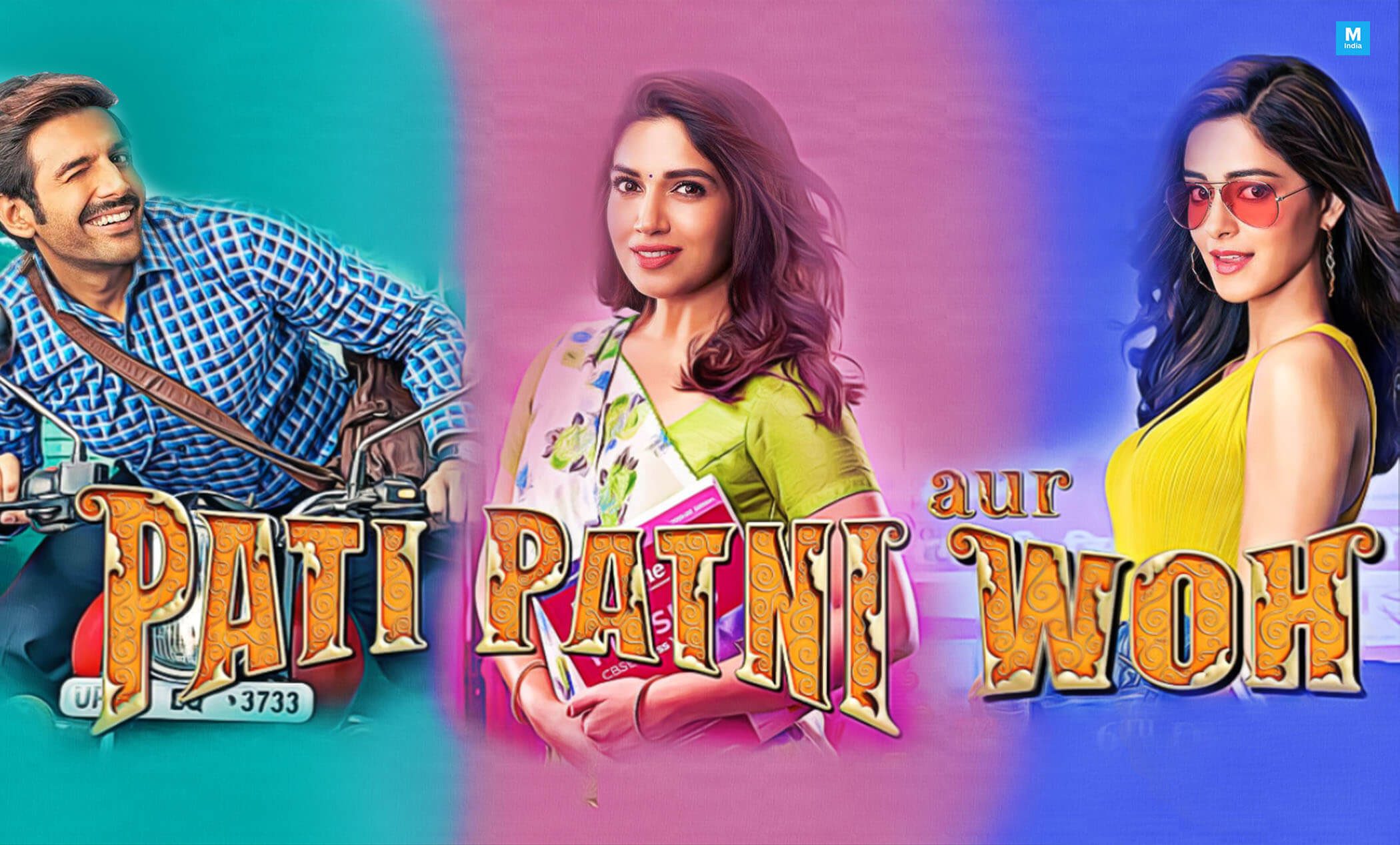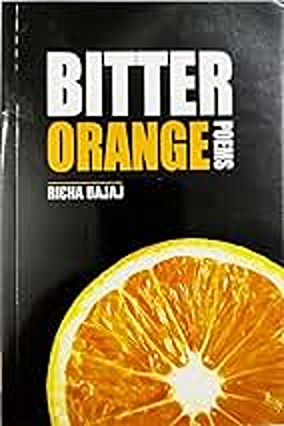Zaid reviews Pati Patni Aur Woh, exclusively for Different Truths.
 There has been an assorted reverence associated with a guardian of cultural bequest and traditional legacy of any place amongst them hugely venerated Indian cinema Bollywood also has its reputable standing, if not a guardian practically, but nonetheless, a zealous preacher of it.
There has been an assorted reverence associated with a guardian of cultural bequest and traditional legacy of any place amongst them hugely venerated Indian cinema Bollywood also has its reputable standing, if not a guardian practically, but nonetheless, a zealous preacher of it.
Like the movie, Pati Patni Aur Woh helmed by Mudassar Aziz did, besides engendering the realisation of yawning schism between the cherished reciprocated love of either spouse.
Pregnant with the elements of xenocentricism, where the protagonist of the film always been nurturing the longing to be assimilated in the culture of the cosmopolitan capital of India, Delhi, being smitten by the charming lure of Tapasya, a young fashion designer
Though sumptuously lavished with enormous praise and glory nationwide, it visually portrayed a particularly typical life and splendours of Kanpur (earlier called Manchester of North India). The sedateness of its natives mingled with some follies and foibles of human character, in general. Pregnant with the elements of xenocentricism, where the protagonist of the film always been nurturing the longing to be assimilated in the culture of the cosmopolitan capital of India, Delhi, being smitten by the charming lure of Tapasya, a young fashion designer, rekindling the lovely redolent of past had been witnessed in our city, but rather by our parents.
In this globalisation coupled with liberalisation and privatisation driven world whence cultural boundaries have already started dissipating, where regions are no longer recognised by its distinctiveness but by some consensual common parameters, where we have everything that we want and need anywhere much owing to burgeoning consumerism, we are no longer dependent on education centres to be familiar with multiple cultures and to be able to speak their languages in the standard accent, we need not hinge on travel to different regions to be compatible with other in every sphere of life. We don’t need to latch onto different culture to get a better version of ourselves.
Now, every person can easily hold the immoderate pomposity of life and interminably boast about the uniformity of its accomplishments, which ostensibly draw a parallel to that of any other in the country by being anywhere that’s what access to equality is all about.
Modernised Kanpur somehow is no longer what it has been assertively depicted in a movie or someone might be a row with me if that fellow still looks through the ethnocentric lenses.
Modernised Kanpur somehow is no longer what it has been assertively depicted in a movie or someone might be a row with me if that fellow still looks through the ethnocentric lenses.
However, a question still arises, is it better to retie the bond with the past glory of our city to vindicate the movie of its dubious depiction or to still cling the intertwined rope of doubly floating narrative of modernity under the cloak of conformity?
Photo from the Internet





 By
By
 By
By
 By
By
 By
By
That is really gd the way you write each nd everything about the movie nd you covered all the subject of movie glad to read it tqq for ur view